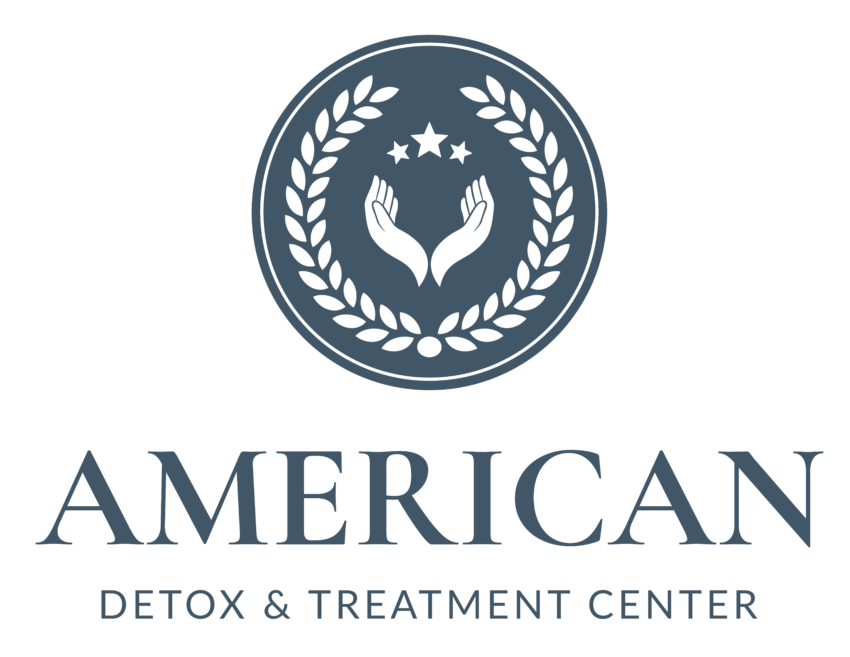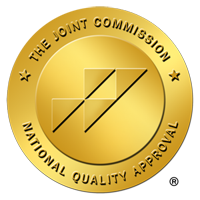Trauma and addiction triggers are things that remind you of addiction or trauma. These can be powerful memories, smells, sounds, or other associations. Triggers can be detrimental to your recovery, especially in the early stages, because the emotions they cause are often overwhelmingly negative.
For that reason, building coping skills is essential. Coping skills are any healthy alternatives that you can apply when you are feeling triggered or to help prevent the likelihood of being triggered. In this blog, you’ll learn several key coping skills that can help you deal with trauma and addiction triggers.
Coping Skills for Trauma and Addiction
Trauma and addiction triggers look slightly different for everybody. That’s why the coping skills you build may fall under general categories like “exercise,” but within that category, they will be very different from person to person or moment to moment.
Exercise
Exercise is a well-known coping skill that can be very effective for some people. That’s because it can help combat the chemical changes that a trigger causes in the brain. Instead of falling victim to overwhelming fear, depression, or anxiety, exercise can release a dose of endorphins that boost your mood and combat the feelings of fear.
For example:
Bryan has a history of trauma and addiction. Before, when he was triggered, he would turn to copious amounts of alcohol. Now, he turns to exercise. The exercise he uses depends on the impact and severity of the trigger.
Sometimes, he needs calming, restorative yoga to bring his mind back to the present away from smaller triggers that are nagging him. Other times, he needs weight lifting with loud music and heavy weights so that all of his focus is forced to the present, and invasive triggers cannot take over.
Music
Music is shown to boost your mood, too. Using music as a coping skill can involve singing, dancing, drumming to a beat, or playing an instrument. You can do any of these at home, in your car, or even while you walk down the street.
For example:
Alice struggles with a history of sexual abuse. When she is triggered, she feels as though the flashbacks and fear push their way into her brain, clouding everything else. Without coping mechanisms, Alice gets overwhelmed and sometimes has panic attacks.
With music, Alice starts by listening to songs with headphones, loudly enough to drown out the memories and flashbacks. In effect, she interrupts the highjacking of her brain by the trigger and instead focuses her brain on the music. Eventually, she works through some of her trauma and, with continued help, is able to use music differently; now, when she is triggered, Alice just sings or listens to some of her favorite songs and feels better after a few minutes.
Mindfulness and Meditation
Mindfulness and meditation are two overlapping coping skills that anyone can (and should) use. Both mindfulness and meditation offer a way to keep your attention on the present.
For example:
Julie has a history of trauma and addiction. Whenever she is triggered, she becomes overwhelmed with anxiety about when the next trigger will happen, whether she will be in as good a place when it does, or whether she will relapse.
So, to reduce her risk of triggers causing a relapse, Julie practices meditation at least once per day. When she is stressed or overwhelmed, she might do it three times per day. She also uses mindfulness to journal, reflect, exercise, practice gratitude, and take care of herself mentally and emotionally so that she is as strong as possible whenever triggers inevitably do happen.
It is important to note that in situations like Julie’s, she cannot control whether she gets triggered. And no matter how much time she spends meditating, triggers will affect her. But the more she uses regular coping mechanisms like mindfulness and meditation, the less severe that trigger is.
Building Personal Coping Skills
As mentioned, trauma and addiction triggers are different for everyone, and so, too, are the coping skills that work best.
Getting professional help will go a long way toward identifying your personal triggers and developing a plan of attack when they arise. With a drug rehab program at American Detox and Treatment, you can learn personalized coping skills for trauma and addiction triggers. Our inpatient rehab offers specialized programs for first responders and veterans to help them learn how to navigate trauma and addiction triggers in their daily lives.
Overall, trauma affects everyone differently, and when combined with addiction, it can severely impact daily life because of triggers. Thankfully, you can learn to build coping mechanisms to address your trauma and addiction triggers with professional therapy and drug rehab.
Let our team help you get started today on your journey toward building healthy coping skills.



